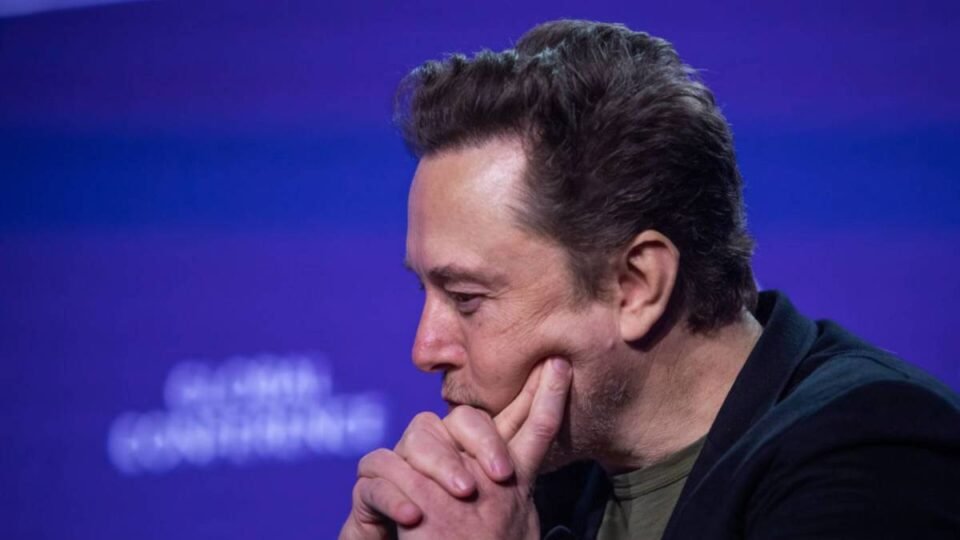Tesla’s stock price isn’t just about selling electric vehicles.
Much of its value today is tied to the idea that Tesla one day will dominate the autonomous-taxi market, according to Brad Ginesin, founder of the hedge fund Polar Capital.

“Reasonably, 40% to 50% of TSLA can be attributed to the potential of robotaxis — currently, over $300 billion in market cap is already baked in,” Ginesin wrote on TheStreet Pro.
According to Wedbush analyst Dan Ives, robotaxis could be a $1 trillion opportunity. He sees Tesla as the future leader in autonomous driving, and he has a price target of $550 and an outperform rating for the EV stock.
But the robotaxi dream may be much harder to achieve than investors think.
Tesla stock (TSLA) recently got a boost. On March 24 Tesla said via its Weibo account that it planned to roll out its Full-Self-Driving software in China, pending regulatory approval.
Tesla stock rallied almost 12% on March 24 following the news.
In the U.S., Elon Musk said earlier this year that unsupervised FSD would launch in Austin by June 2025, with more cities to follow.
Related: Surprising China news sends Tesla stock soaring
Right now, Tesla is facing sharp declines in EV sales worldwide.
In China, Tesla sold 30,688 new energy vehicles in February — the lowest monthly total in over two years. That’s less than one-tenth of what Chinese EV rival BYD sold in the same period.
In Europe, Tesla sold just under 27,000 vehicles in January and February, down 42.6% from more than 46,000 in the year-earlier period.
In the U.S., Tesla sales slipped 1% in 2024, the company’s first annual sales drop in over a decade.
Fourth-quarter earnings and revenue, reported in late January, both missed analysts’ estimates. Tesla’s automotive revenue fell 8% to $19.8 billion year over year, while operating income declined 23% to $1.6 billion.
Tesla’s Q1 delivery numbers are expected on April 2.
Ginesin worries that Tesla’s robotaxi plans may be overly optimistic.
“Considering the recent brand erosion, investors and analysts may be buying into a mirage of a business — a robotaxi operation that may never materialize on a broad scale,” Ginesin wrote.
A case in point is Cruise, a robotaxi startup owned by General Motors (GM) , which faced a major backlash in San Francisco after its vehicles got stuck in traffic and disrupted emergency services. After a number of safety incidents, GM closed Cruise.


